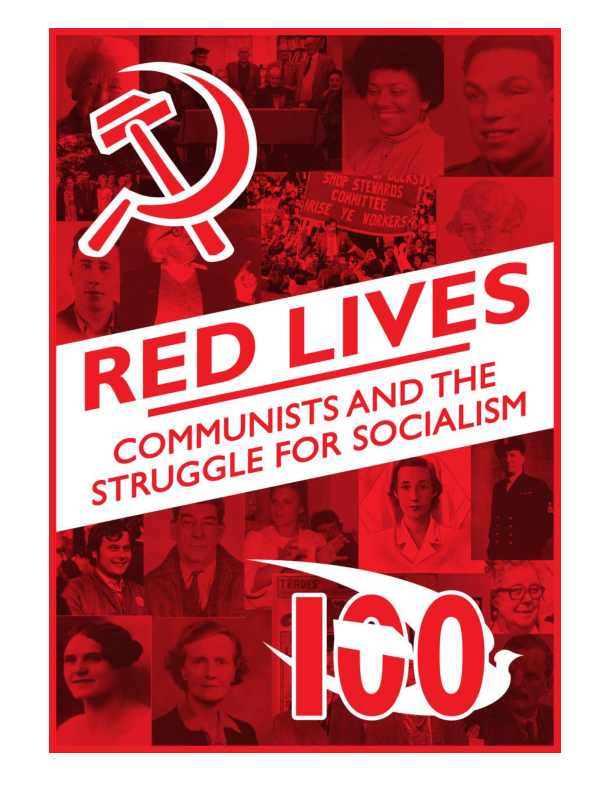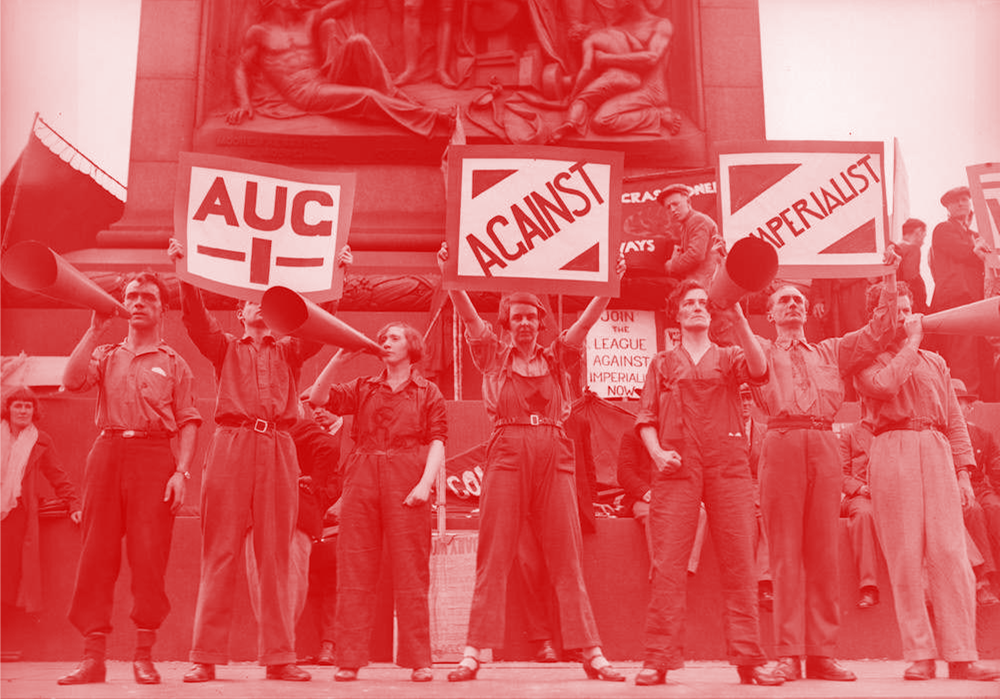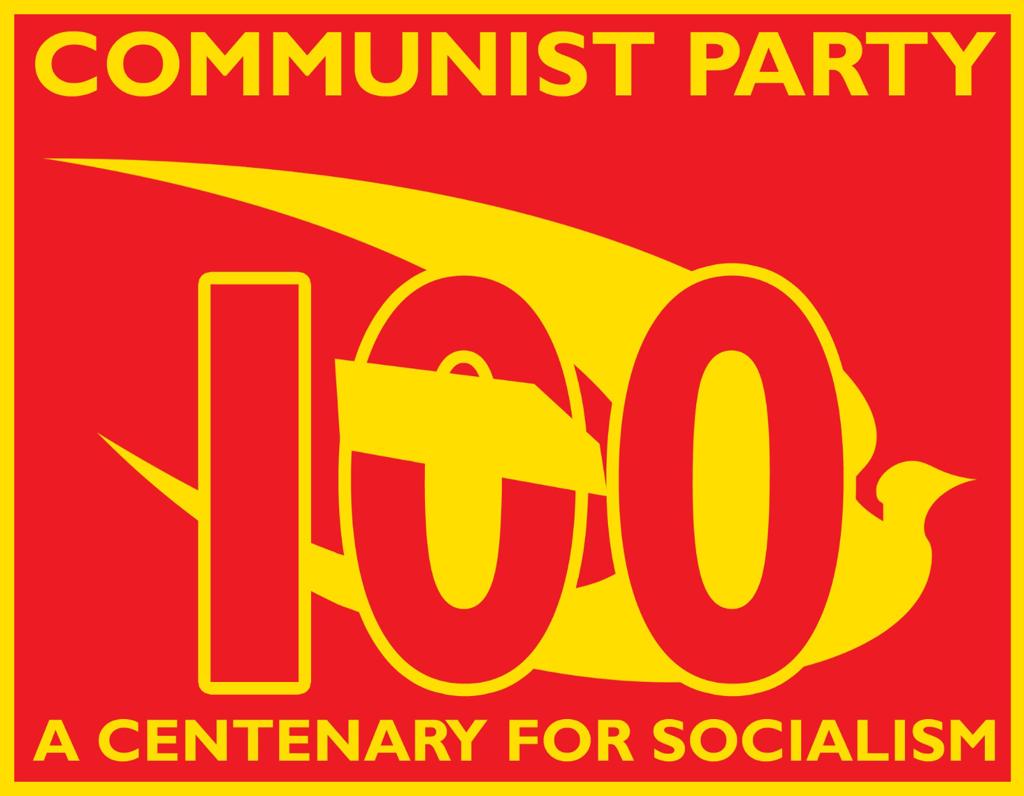The Communist Party is Britain’s Marxist-Leninist party of the trade union and broad movement:
- Organised for socialist revolution, rooted in the working class, working for unity.
- Democratic, drawing upon the initiative and creativity of its members.
- Centralised, to act as a disciplined and united force.
- Internationalist, enjoying close relations with scores of communist parties and movements for peace, progress and national liberation.
- Based on the class, revolutionary and internationalist principles of Marxism-Leninism.
Communism did not start with Karl Marx or with the October 1917 socialist revolution in Russia. In Britain, a rich historical seam of communist ideas dates back to the Middle Ages and before.
At times of great crisis, communist and socialist ideas often come to the fore. The desire for a future based on peace, co-operation, community, solidarity and common wealth has long inspired the peoples of England, Scotland and Wales.
The Communist Party has carried this living, revolutionary tradition into the 20th and 21st centuries. Its roots lie deep in Britain’s trade unions, socialist societies and other working class organisations.
Founded in 1920, Britain’s Communist Party brought together militant socialists and trade unionists who understood the need for a revolutionary change in society. They had been repelled by the mass slaughter of the 1914-18 Great War, when the leaders of the labour movement sided with the British ruling class against rival imperialist powers. They were inspired, too, by the founding of the world’s first workers’ state in Soviet Russia.

Since then, Britain’s Communist Party has been in the frontline of the political class struggle, fighting for working class interests against exploitation and oppression, in favour of human liberation and socialism.
Despite the imprisonment of its leadership, the Party played an outstanding role in the 1926 General Strike. Throughout the 1930s, it organised mass movements of unemployed workers and housing tenants. The mass trespass on Kinder Scout in 1932, led by Young Communist League members, eventually changed the law to allow rights for ramblers on private landed estates.
The CP led the militant mass movement against the British Union of Fascists and sent more than a thousand volunteers to fight fascism in Spain. During the Second World War, communist local councillors broke into London Underground stations and led many thousands of people to safety. The Party led the giant campaign to open a ‘second front’ against Hitler in western Europe.
From 1945, the election of communist MPs and hundreds of local councillors demonstrated people’s appreciation of the Party’s work. Communists were elected to leading positions in some of Britain’s major trade unions.
With its allies in the labour movement, the Party opposed the Cold War against the Soviet Union and socialism. Communists campaigned against the establishment of US military bases in Britain, membership of NATO and Britain’s massive rearmament programme.
In 1951, the first edition of the Communist Party’s programme, The British Road to Socialism, was published. This stated that Britain must achieve socialism by its own path, using mass struggle to transform Parliament into a democratic instrument of the will of the vast majority of the people.
As Marx and Engels had put it, the working class has to win the battle of democracy in order to achieve socialism.
Britain’s communists supported the enormous efforts to build socialism in the war-torn countries of the Soviet Union and eastern Europe. Great economic, social and cultural advances were made in the most difficult conditions, as many of those societies experienced industrialisation, mass literacy, universal healthcare and rights for women and small nationalities for the first time. Yet, in that process, facing imperialist aggression and subversion, communist regimes also committed serious violations of socialist democracy and communist principles which must be learned from today.
These successes and the hard won lessons of our movement confirm the need for the mass of the people to participate in decision-making in every field, to create a vibrant socialist democracy in place of the narrow, distorted and corrupt political systems found in capitalist society.
In post-war Britain, the CP played a major part in campaigns for more and better housing, comprehensive education for all (in place of selective schools for the few), for equal pay and equal rights for women, and for greater employment and trade union rights for all workers.
Communists continued their militant anti-racist and anti-fascist campaigning and helped found the Notting Hill Carnival as well as other cultural events such as the Edinburgh People’s Festival (forerunner of the ‘Fringe’) and the South Wales Miners Eisteddfod. Many top writers, artists, musicians and scientists were Party members or supporters, part of a wide network of bookshops, clubs, societies, periodicals, bookshops and other initiatives.
Almost alone in the labour movement for many decades, Britain’s Communist Party called for parliaments for the peoples of Wales and Scotland.
Based in the working class movement, it led the fight against anti-trade union laws. In the 1960s and ’70s, the Liaison Committee for the Defence of Trade Unions – which at that time included many militant workplace representatives – launched mass one-day stoppages, compelling the TUC to call a one-day general strike to defeat the legislation. Communists also provided leadership in the Upper Clyde Shipbuilders’ work-in and the 1972, 1974 and 1984-5 miners’ strikes. Powerful communist and broad left organisations were built in many workplaces and unions, in the public services as well as industry.
These advances intensified state and ruling class efforts to weaken and divide the Party. In 1988, communists who had been expelled by the revisionist leadership that captured the CP, came together to re-establish the Party on the basis of its Marxist-Leninist rules, principles and programme (since renamed Britain’s Road to Socialism).This was followed by unity processes in the early 1990s which brought in communists who had remained in the old Party until its dissolution in 1991.
Today, the Communist Party is widely recognised at home and around the world as the authentic representative of the communist tradition in England, Scotland and Wales. In recent years, the Party and the Young Communist League have been experiencing an exciting period of growth in membership, activity and strength. All across Britain, Party members and comrades are throwing themselves into and building the thousands of struggles facing working people and the youth every day, the length and breadth of Britain.
A new generation are carrying forward the task of building a strong, disciplined and militant communist movement and putting Britain on the Road to Socialism.
Join us today and join our proud history, our living tradition and a truly world historic movement.


